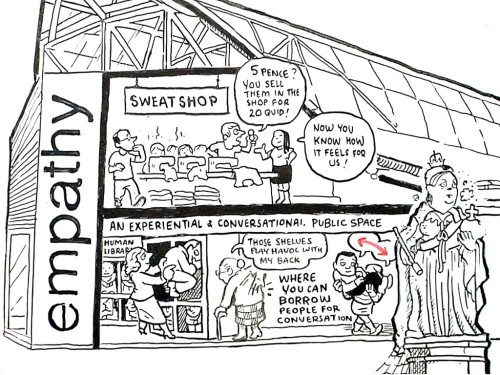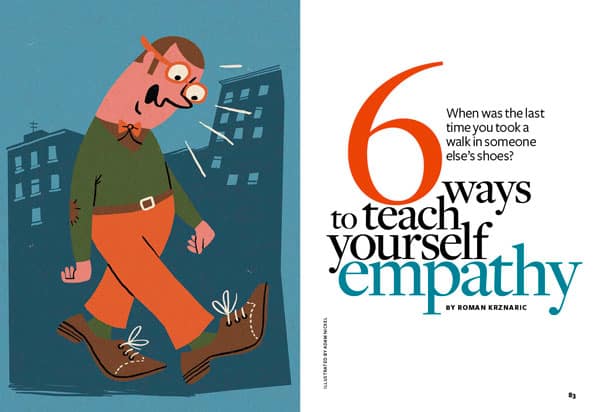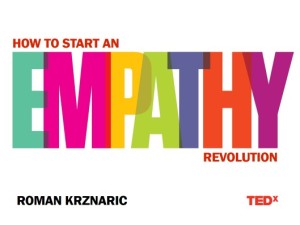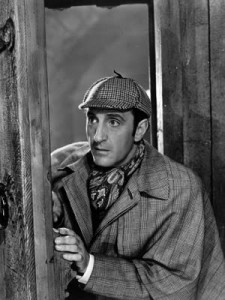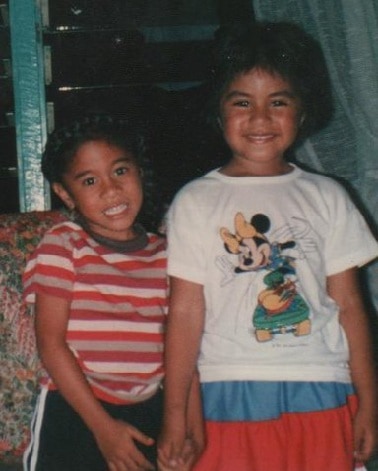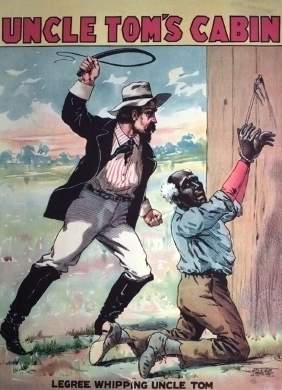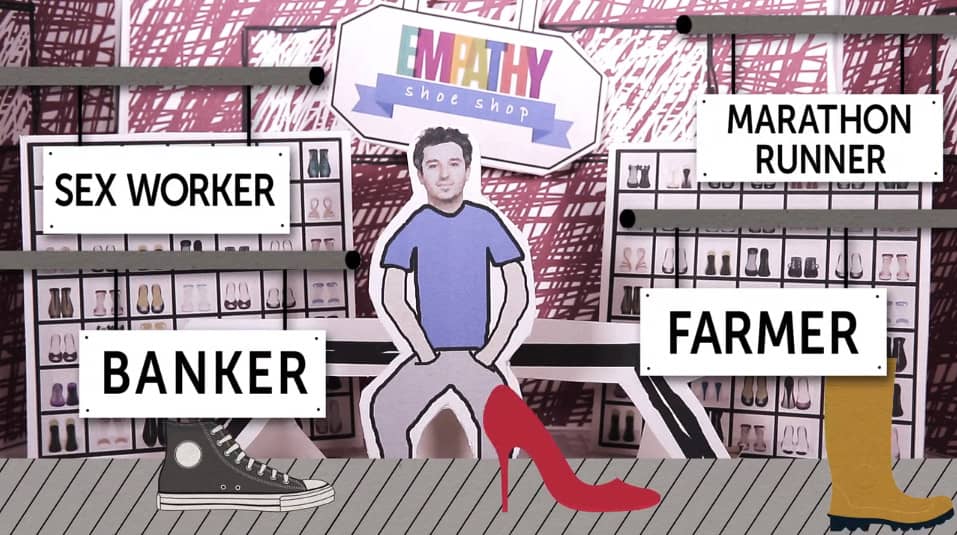 It’s official: the Empathy Museum will be opening its doors in September 2015, as part of Totally Thames, the huge and vibrant annual festival taking place along London’s waterfront.
It’s official: the Empathy Museum will be opening its doors in September 2015, as part of Totally Thames, the huge and vibrant annual festival taking place along London’s waterfront.
Personally, this is a big day for me. I’ve been dreaming about the Empathy Museum for years, and wrote about it in my book Empathy. I’m thrilled that it’s now becoming a reality.
As discussed in this feature article in today’s Independent newspaper, one of the main exhibits will be ‘A Mile in My Shoes’, which takes the form of a unique empathy shoe shop. One of the shop assistants will fit you out with a pair of shoes belonging to someone from a different background – maybe a Syrian refugee or an Old Etonian investment banker – and you will be able to literally walk a mile in their shoes while listening to a recording of them talking about their life, so you really get to see the world from their perspective.
We’ll also be running events such as Human Libraries, where instead of borrowing a book you borrow a person for conversation.
The Empathy Museum will later travel to other London venues then around the country in a bespoke eco bus, visiting schools and galleries, town centres and supermarket car parks, cliff tops and office blocks.
It will also launch online and be touring internationally. In February 2016, the Empathy Museum is going to Australia, appearing as a centrepiece of the Perth International Arts Festival.
The museum is being masterminded by its Director, the internationally renowned artist and curator Clare Patey.
To keep up with the Empathy Museum’s development and tour programme, sign up here. And please spread the word!

